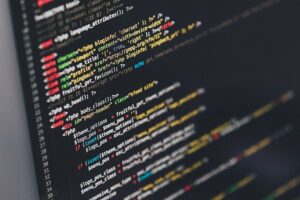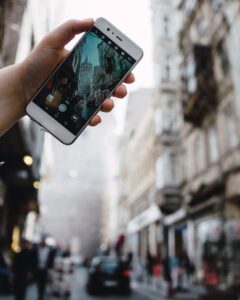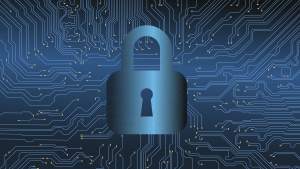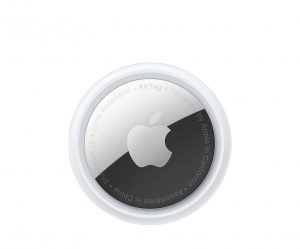The biggest data breaches in 2024: 1 billion stolen records… and rising
source: techcrunch.com (contributed by FAN, Steve Page) | image: pixabay.com
We’re over halfway through 2024, and already this year we have seen some of the biggest, most damaging data breaches in recent history. And just when you think that some of these hacks can’t get any worse, they do.
From huge stores of customers’ personal information getting scraped, stolen and posted online, to reams of medical data covering most people in the United States getting stolen, the worst data breaches of 2024 to date have already surpassed at least 1 billion stolen records and rising. These breaches not only affect the individuals whose data was irretrievably exposed, but also embolden the criminals who profit from their malicious cyberattacks.
Travel with us to the not-so-distant past to look at how some of the biggest security incidents of 2024 went down, their impact, and in some cases, how they could have been stopped.
Mystery AT&T data leak exposed 73 million customer accounts
Some three years after a hacker teased a published sample of allegedly stolen AT&T customer data, a data breach broker in March dumped the full cache of 73 million customer records online to a known cybercrime forum for anyone to see. The published data included customers’ personal information, including names, phone numbers and postal addresses, with some customers confirming their data was accurate.
But it wasn’t until a security researcher discovered that the exposed data contained encrypted passcodes used for accessing a customer’s AT&T account that the telecoms giant took action. The security researcher told TechCrunch at the time that the encrypted passcodes could be easily unscrambled, putting some 7.6 million existing AT&T customer accounts at risk of hijacks. AT&T force-reset its customers’ account passcodes after TechCrunch alerted the company to the researcher’s findings.
One big mystery remains: AT&T still doesn’t know how the data leaked or where it came from. Continue reading “The biggest data breaches in 2024: 1 billion stolen records and rising”






 source: axios.com (contributed by FAN, Steve Page) | image: pexels.com
source: axios.com (contributed by FAN, Steve Page) | image: pexels.com
 source: technewsworld.com | image: pexels.com
source: technewsworld.com | image: pexels.com